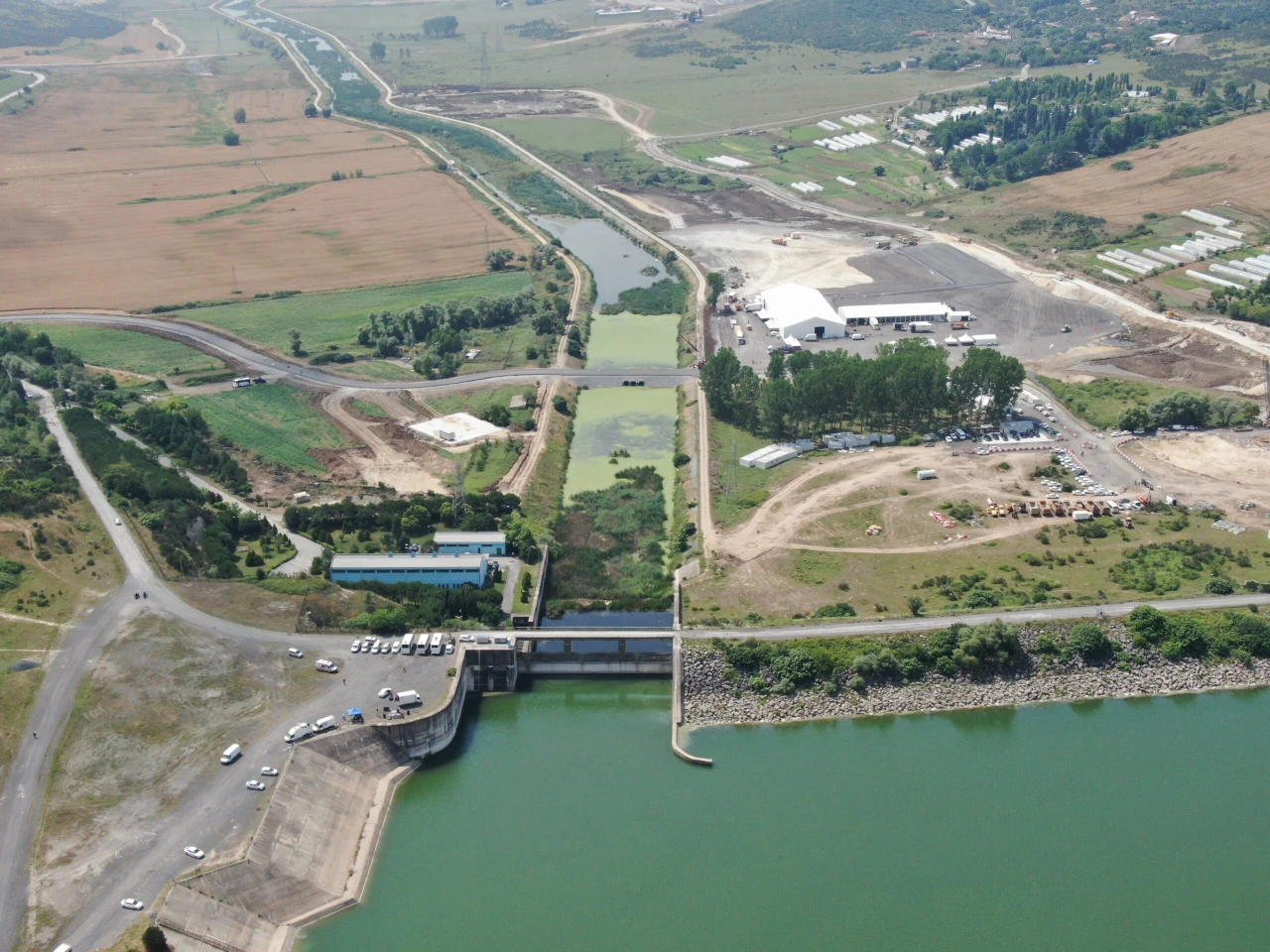Türkiye’s floating power plants prevent blackouts in Cuban hospitals
 A street is lit by car lights during a nationwide blackout caused by a grid failure in Havana, Cuba, on Dec. 4, 2024. (AFP Photo)
A street is lit by car lights during a nationwide blackout caused by a grid failure in Havana, Cuba, on Dec. 4, 2024. (AFP Photo)
Turkish energy giant Karadeniz Holding is providing vital electricity to parts of Havana by eight power ships, particularly hospitals, as Cuba grapples with a failing power grid that has triggered a nationwide blackout.
The crisis unfolded following a breakdown at the Antonio Guiteras thermal power plant, Cuba’s largest, leaving most of the island in darkness on Wednesday.
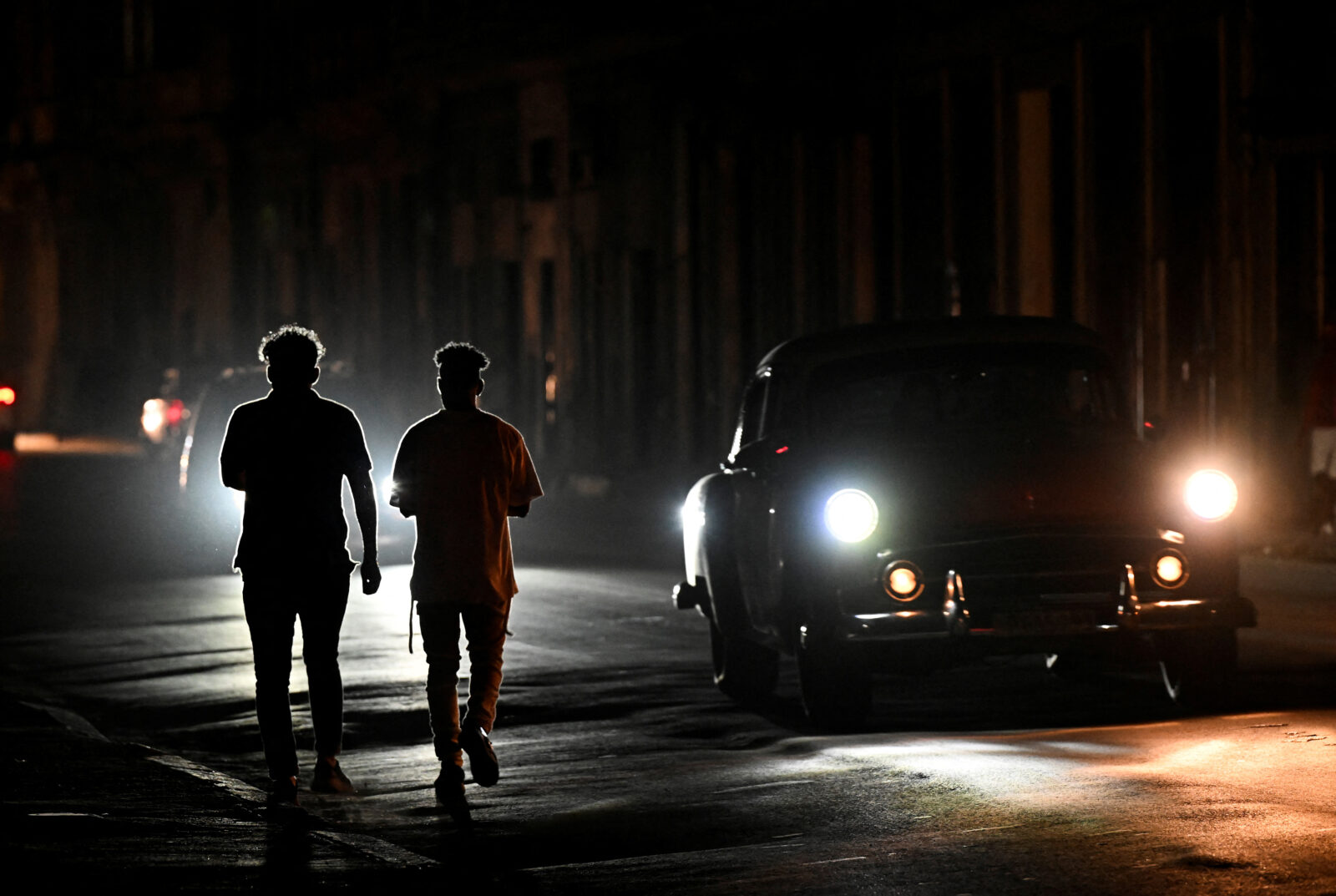
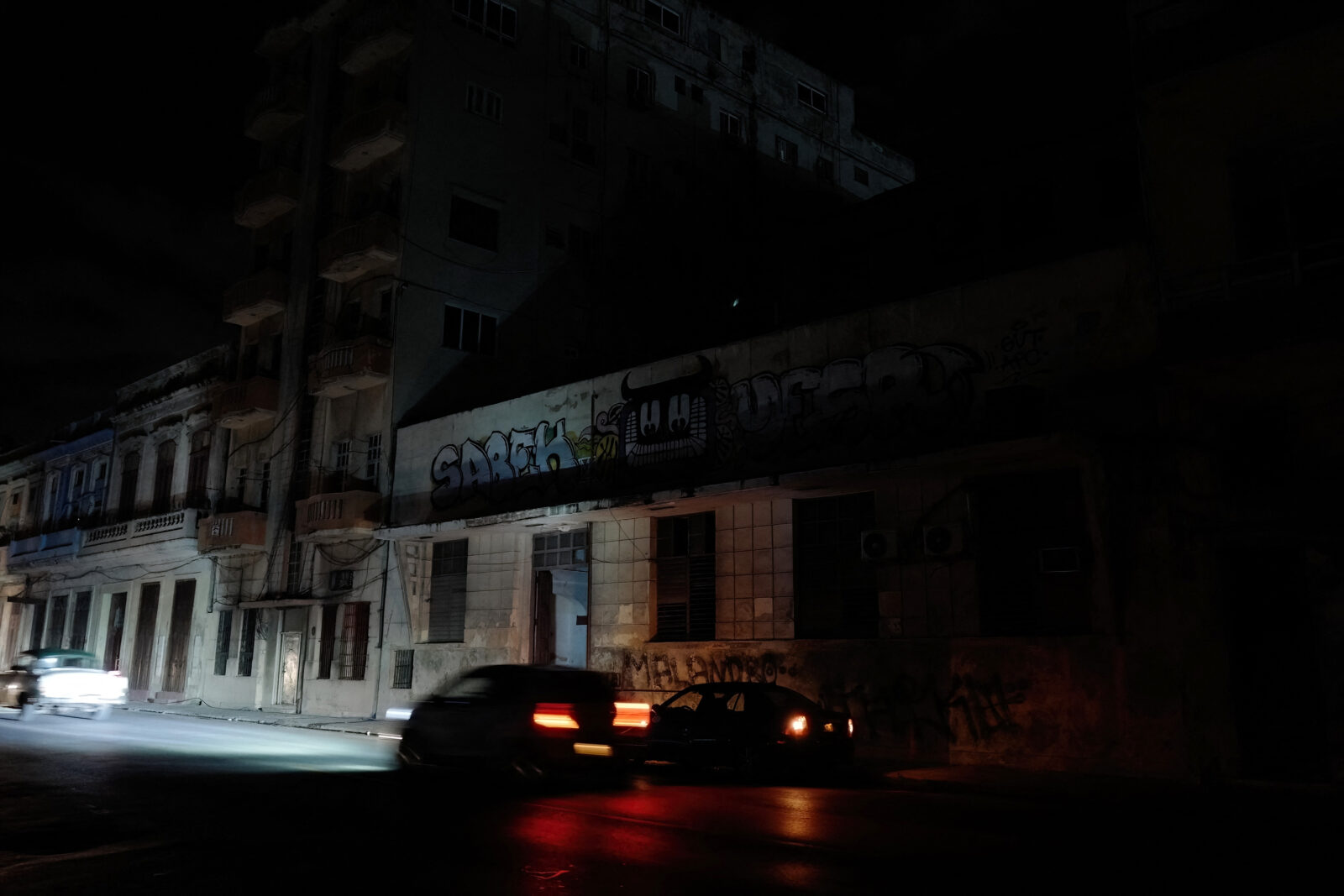
Authorities reported that only 22% of the population, including hospitals, could access electricity from sources independent of the national grid, leaving the majority without power.
Cuban officials stated that the floating power plant from Türkiye, stationed off the coast of Havana, was generating electricity and supplying power to hospitals and parts of the city.
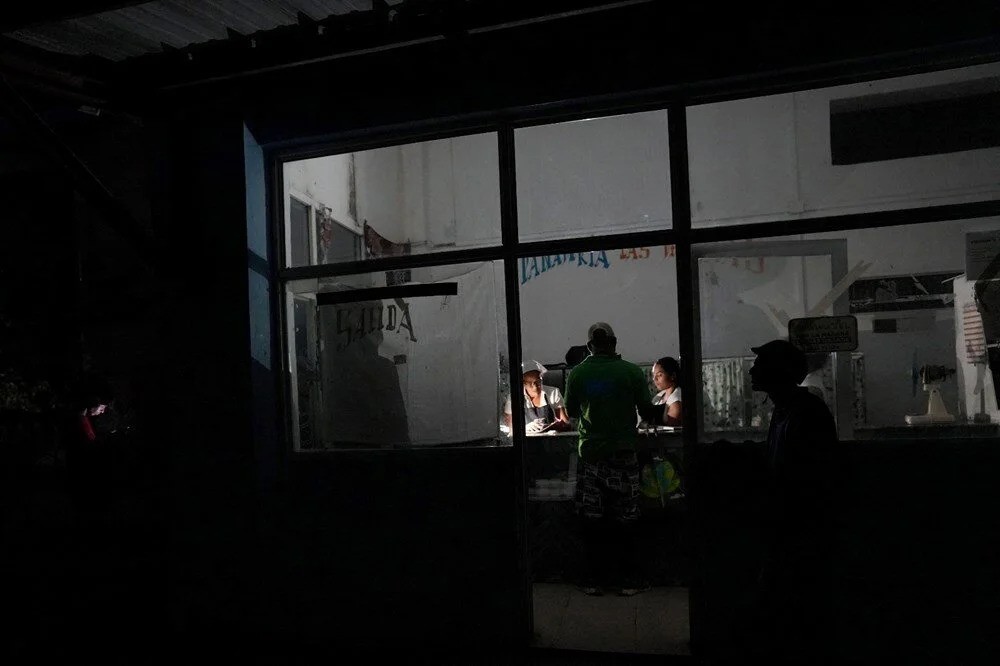
Türkiye-based Karadeniz Holding’s floating power plants, supported by a patchwork of generators and Cuba’s aging oil-powered facilities, are running on imported fuel to bridge the gap.
These floating power ships have become indispensable in Havana, where frequent blackouts, recent hurricanes, and economic challenges have significantly disrupted daily life.
Karadeniz Holding sent its eighth floating power plant ship on Feb. 1, 2023, to meet rising energy consumption and counter possible blackouts.
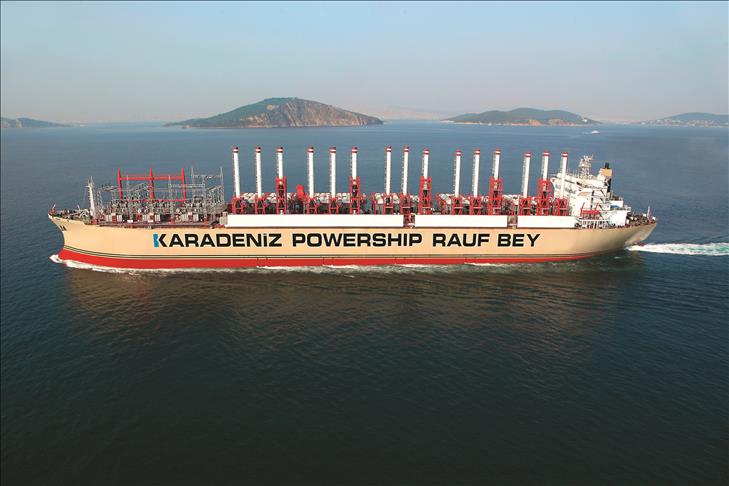
While authorities expected the Antonio Guiteras plant to resume operations by Thursday evening, 78% of the population remained without power. Schools in Havana were shut, and non-essential state services were suspended on Wednesday.
Recurring blackouts compound Cuba’s challenges
This blackout, the third in less than two months, has added to the woes of the communist-run island, home to 10 million people, already reeling from two hurricanes, ongoing power outages, and a severe economic crisis.
In mid-October, a massive four-day blackout paralyzed Havana, leaving daily life in the capital at a standstill.
As with Wednesday’s crisis, the cause was a failure at the Guiteras plant, the largest of Cuba’s eight aging thermoelectric facilities.
Power was gradually restored nationwide over the following week, but in early November, Hurricane Rafael struck, plunging the island into darkness once more.
The energy ministry sought to downplay the severity of the latest blackout, stating on X (formerly Twitter) that a “large percentage” of the grid would be operational by the end of Wednesday.
Energy Minister Vicente de la O Levy described the incident as an “automatic breakdown” and assured state media that the operational plants had not sustained damage during the outage.
Cuba’s energy crisis has fueled rare protests and mounting public discontent as the nation faces what experts describe as its worst economic downturn since the Soviet Union’s collapse.
U.S. sanctions tightened during Donald Trump’s presidency have further constrained Cuba’s access to critical resources, particularly fuel.

